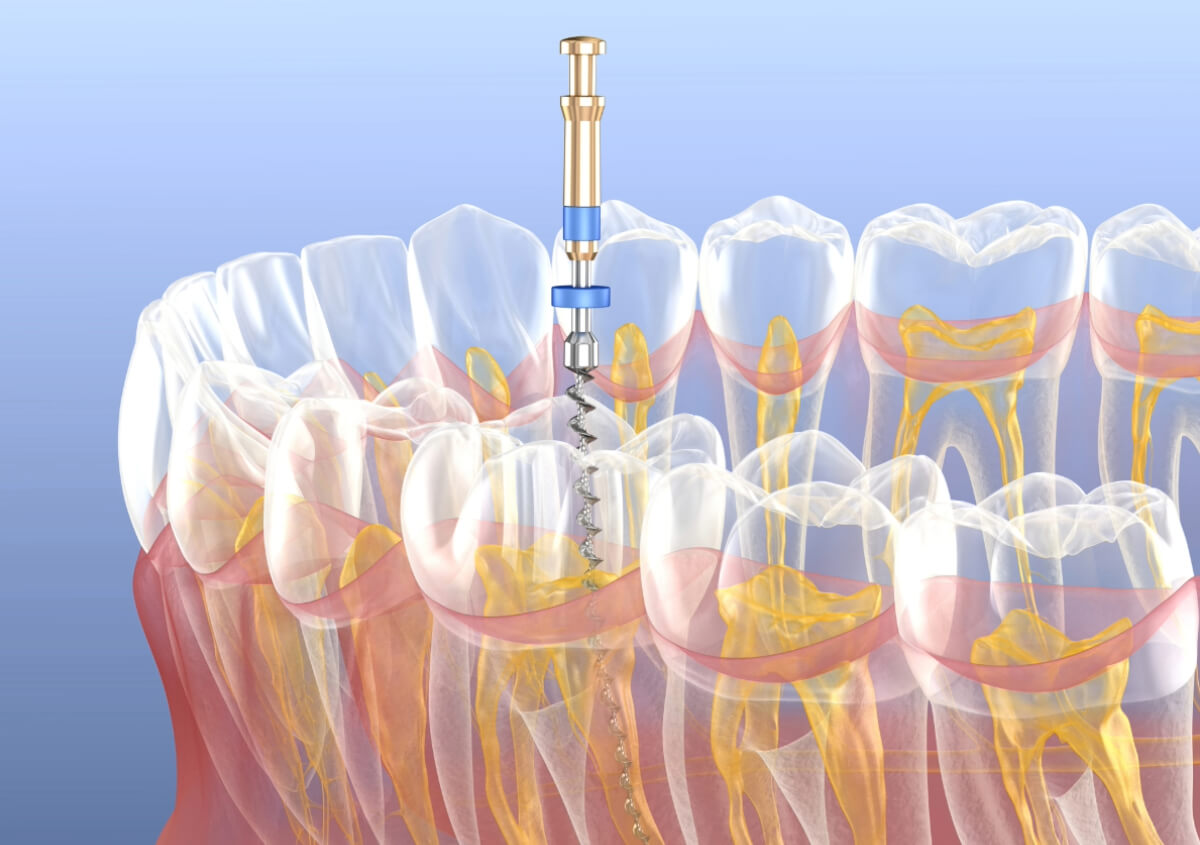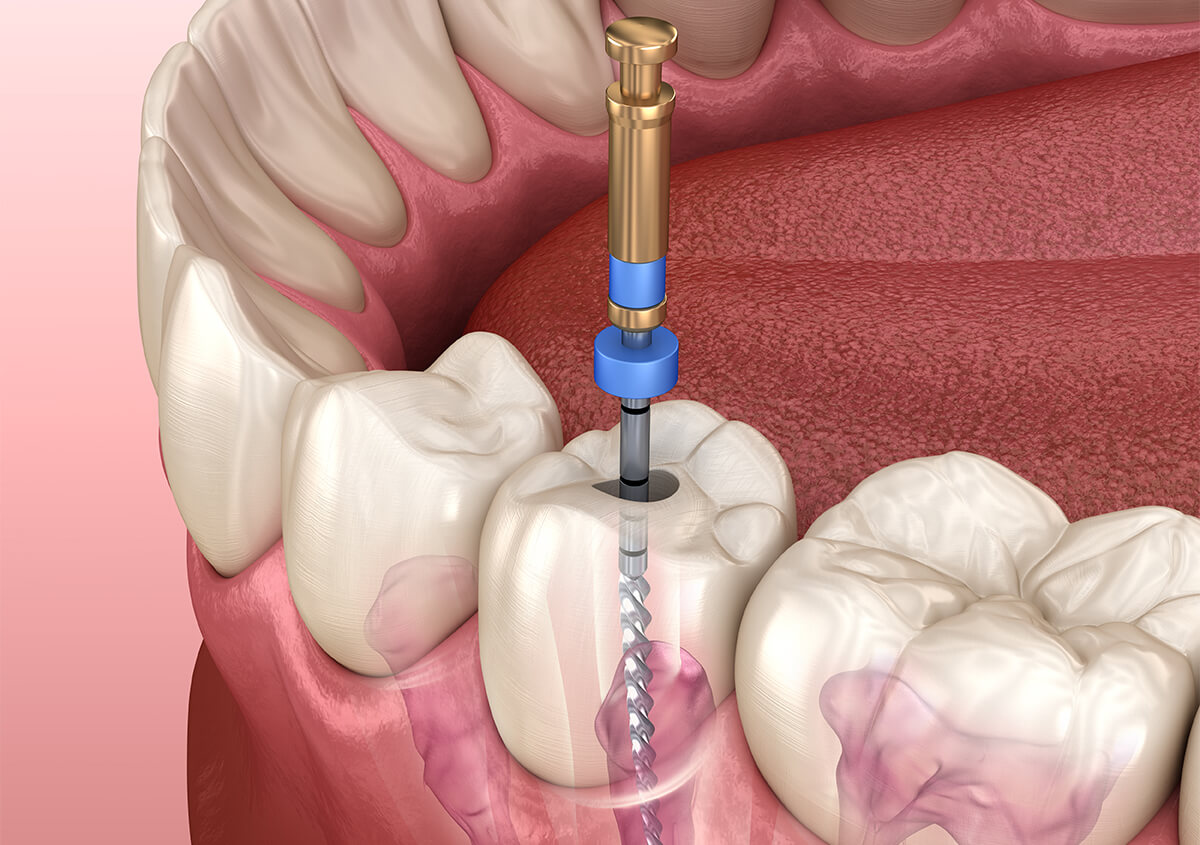Your natural tooth deserves a second chance; Conyers, GA, specialists discuss endodontic retreatment

At Conyers Endodontic Center, we are privileged to call many dentists in Covington, Loganville, Lithonia, Snellville, and most everywhere in between our partners. They turn to us to help their patients keep the best type of tooth: the natural one! Sometimes, these cases can be quite complex; for instance, you may be among those patients with unique anatomical challenges that call for endodontic retreatment in Conyers, GA, at your specialty provider’s office. As Drs Rolin Desir, Alison St. Paul, and Candace De Veaux do nothing but root canal treatment and related therapies, we have great confidence in our abilities, and that we will be able to restore the treated tooth to excellent health once and for all.
Endodontic retreatment explained
Root canal treatment has an exceptional track record. Almost 90% of those patients surveyed by the American Association of Endodontists are satisfied with the outcomes of this therapy. Many patients have no problems with their root canal treated teeth throughout their lifetimes. Others might enjoy their treated teeth for several years before feeling a familiar pressure or sting. It is important to maintain excellent oral care following root canal therapy because new or recurring oral health problems can threaten the integrity of treated teeth.
Likewise, due to the likes of narrow or curved canals, or any number of characteristics specific to you, the tooth may not heal following treatment as it should. There is no single medical or dental treatment that has a universal, 100% success rate. It is possible that some canals, or complicated canal anatomy, went undetected during the initial treatment. Additionally, any delays in the replacement of the restoration to top the treated tooth can affect healing and successful outcomes, which makes it all the more important to visit your dentist promptly following therapy to have your crown placed. Wear and tear to restorations, as well as decay or disease that surfaces and is not resolved, can threaten the tooth.
Retreatment at your trusted specialist’s office is straightforward:
- Materials that were placed to seal off the tooth during the first procedure are removed.
- Our specialists use the most sophisticated tools to identify additional canals or other complexities that interfere with healing and successful treatment.
- The challenge at hand is addressed. Existing infection is removed, canals are shaped and sterilized like they were the first time, and new filing materials are applied to seal off and protect the treatment site.
- We will monitor how the tooth is healing and, ultimately, the “finishing touch,” your crown or other restoration, is placed.
Your tooth deserves a second chance. Call (470) 486-6025 to schedule your visit with Drs Desir, St. Paul, or De Veaux at Conyers Endodontic Center.
FAQs
My initial root canal therapy hasn’t healed properly, and I have to go for retreatment. Why is this?
Some reasons for the failure of your initial procedure could be: Narrow or curved canals not being treated, complicated canal anatomy, delays in placing the crown or other restoration during the first time, and salivary contamination to the inside of the tooth.
New infection in the tooth can expose the root canal filling material to new decay. A fractured tooth or a loose, cracked, or broken crown or filling can also expose the tooth to new infection.
Saving your natural teeth is always the best option, rather than going for extraction and replacement. With proper care, retreated teeth can function well for years, even for a lifetime. New technologies that weren’t available during your initial treatment may also help you.
It is almost a painless procedure. The recovery process is also more comfortable compared to tooth extraction.
Endodontic surgery is an option when non-surgical retreatment can’t be considered. The procedure involves making an incision to access the root tip. Endodontic surgery may be recommended alongside retreatment or as an alternative. Another option is extraction, a last resort.








